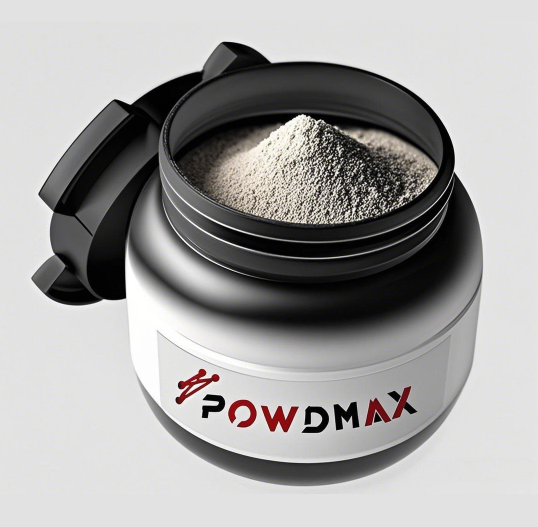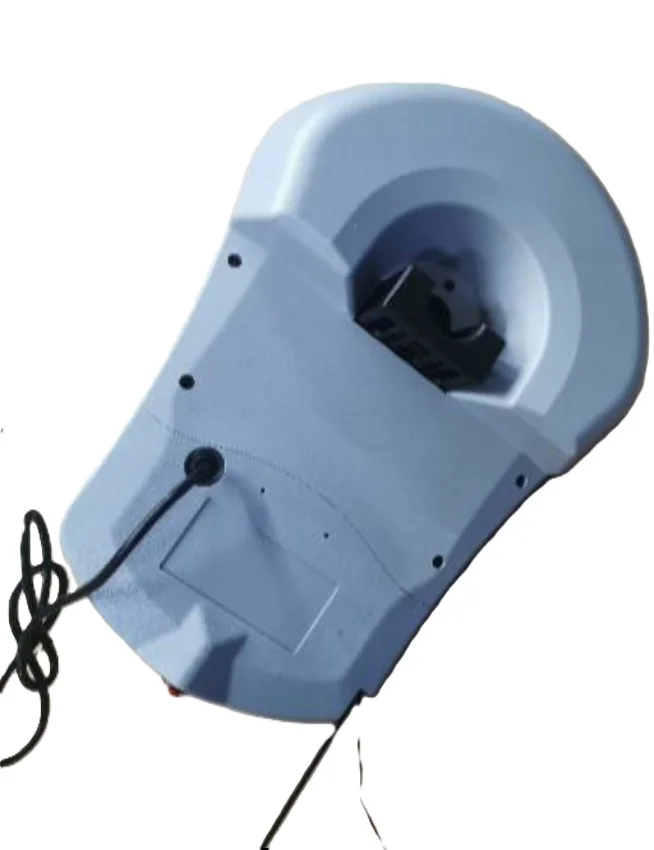Introduction – Emerging Technologies Driving Demand for Iron-Based Powders
The landscape of industrial manufacturing is rapidly evolving, with additive manufacturing, medical innovations, and energy solutions driving demand for high-performance materials. Iron-Based Powders 420 are increasingly recognized as a key enabler for next-generation industrial applications. Known for high hardness, wear resistance, machinability, and cost-effectiveness, these powders provide the precision and reliability required in aerospace, automotive, medical, and energy sectors.
At Hangrui, we specialize in producing metal powders that meet the stringent requirements of high-tech industries. With three state-of-the-art production plants, advanced R&D, and a focus on sustainable practices, Hangrui ensures consistent quality while pushing the boundaries of powder technology.
Advances in Additive Manufacturing
Aerospace and Automotive Innovations
The additive manufacturing (AM) industry has unlocked new possibilities for iron-based powders. Iron-Based Powders 420 are ideal for creating components that require high hardness and wear resistance, such as:
-
Aerospace bushings, fasteners, and structural parts.
-
Automotive parts that need durability, lightweight characteristics, and complex geometries.
Through Laser Powder Bed Fusion (LPBF) and Directed Energy Deposition (DED), 420 powders allow manufacturers to produce intricate parts with minimal material waste while maintaining mechanical performance.
Medical and Energy Industry Trends
Iron-Based Powders 420 are increasingly used in medical instruments and reusable surgical tools, including forceps, scalpels, and scissors. Their wear resistance and hardness ensure longevity, even under repeated sterilization.
In the energy sector, 420 powders enable the production of components that operate under abrasive or high-stress conditions, such as turbine parts and precision molds for energy equipment. As medical and energy industries demand more specialized and reliable materials, 420 powders remain at the forefront.
New Techniques in Powder Engineering
Innovations in powder engineering are shaping the future of 420 powders:
-
Particle size and morphology control ensures consistent flowability for additive manufacturing.
-
Heat treatment optimization (quenching and tempering) enhances hardness up to 50–55 HRC.
-
Surface treatments and post-processing improve corrosion resistance in challenging environments.
These advancements expand the application possibilities of Iron-Based Powders 420 beyond traditional uses, enabling cutting tools, molds, consumer goods, and industrial components with exceptional precision.
Hangrui’s R&D and Innovation Focus
At Hangrui, research and development are central to our strategy. We continuously innovate to improve mechanical performance, wear resistance, and processability of 420 powders. Key initiatives include:
-
Collaborations with aerospace and automotive OEMs for custom powder solutions.
-
Development of environmentally sustainable powder production methods.
-
Testing and quality control to meet CE, ISO, and industry-specific certifications.
Our focus ensures that Hangrui’s Iron-Based Powders 420 remain reliable, versatile, and aligned with the evolving demands of advanced industrial applications.
Advantages of Iron-Based Powders 420
-
High Hardness: Achieves exceptional hardness via heat treatment.
-
Machinability: Easily polished or ground to fine finishes.
-
Cost-Effective: Lower nickel content compared to austenitic steels.
-
Wear Resistance: Ideal for abrasive environments.
Limitations
-
Moderate corrosion resistance; may require passivation in harsh environments.
-
Post-processing (heat treatment) is necessary to maximize properties.
Primary Applications
-
Cutting Tools & Blades: Knives, surgical scalpels, and industrial tools.
-
Medical Instruments: Reusable surgical tools requiring wear resistance.
-
Mold & Tooling: Dies and molds for plastic injection and stamping.
-
Aerospace & Defense: Bushings, fasteners, and firearm parts.
-
3D Printing (LPBF/DED): Complex geometries for automotive and industrial components.
-
Consumer Goods: Cutlery, razors, and decorative items requiring polishability.
Conclusion & Call to Action – Hangrui Leads in Next-Generation Iron-Based Powders
The future of Iron-Based Powders 420 is intertwined with additive manufacturing, medical devices, aerospace, and energy applications. With their high hardness, wear resistance, and versatility, these powders are essential for industrial innovation.
At Hangrui, we combine precision engineering, advanced R&D, and sustainable practices to deliver next-generation 420 powders that meet the evolving demands of high-tech industries
www.powdmax.com
Hangrui(Shanghai)Advanced Material Technologies Co., LTD.


More Stories
Yukun Qiangwei Motor Unveils Top Benefits and Maintenance Tips for Commercial Generators
How Plastic Additives for Manufacturing Are Transforming Modern Production
How to Reduce Fuel Costs in Incineration